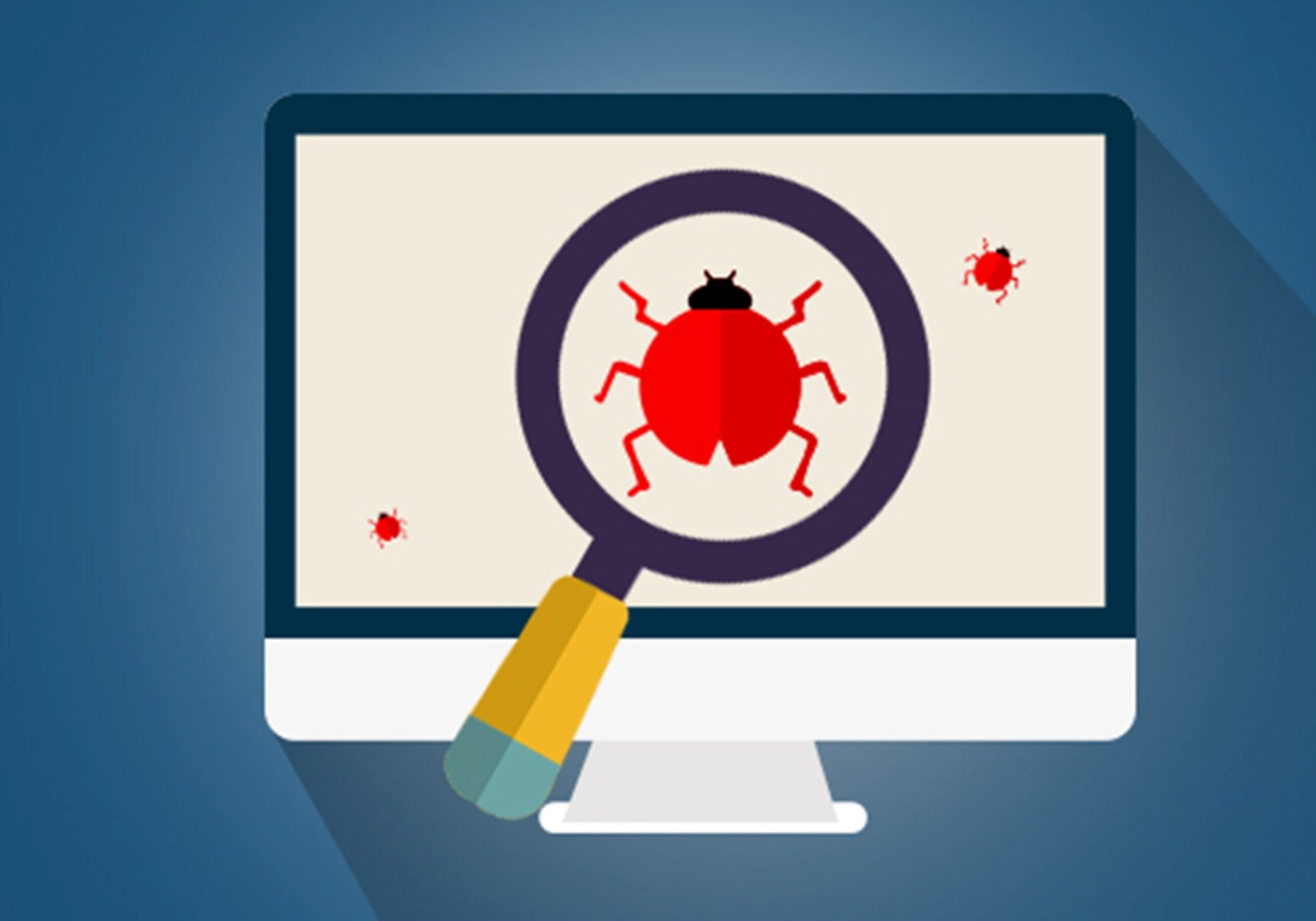Not all engineering minors require you to be well-versed with programming languages to be able to excel in them. Software methodologies and testing is an engineering minor that is slightly different from the rest of the minor options as it is not directly related to development. It’s all about the process of rectification and verification of what’s already in existence.
Frankly, software testing is one of the least talked about minors, and very few students have a clear understanding of the job prospects and growth opportunities in this field.
Here, we will dive into the required depths of software methodologies and testing to get a clear picture of reality and whatnot.

What are Software Methodologies and Testing?
In the corporate world, a software engineer needs to work on several projects, and each project has its requirements and conditions as directed by the authority. Depending on the set of instructions received, software professionals need to pick up different strategies to complete the project, similar to us taking on a different approach to study disparate subjects depending on our priorities and interests.
The methodologies or the sets of predefined guidelines to execute the project, from the beginning to the delivery of the final product, are collectively known as software methodologies.
On the other hand, software testing is all about working on a developed software to make it bug-free and check whether it meets all the requirements before delivering it to the customer. Software testers deploy a set of strategies to unearth errors or bugs, especially in the edge cases, so that the final product is as accurate and reliable as possible.

Software Methodologies and Testing in LPU
LPU offers 550 seats in this minor, the choice selection and allocation based on the choices and CGPA of which begins in the 2nd year. Covered across three terms, like any other engineering minor, students allocated these courses will need to pass one course in the 5th term, two in the 6th, and the final one in the 7th term.
The courses offered under the Software Methodologies and Testing minor are:
- CSE374: Advanced Software Engineering
- CSE375: Software Testing
- CSE376: Automated Testing
- CSE377: Advanced Testing Technologies

Job Prospects
Although less talked about, software testers play an integral role in the delivery of a complete product. Each project, after submission by the development team, requires the testing team to put their hands. Attempts are made on trying to find out bugs and ensuring that the product meets the quality standards. It means that till the day software developers are in demand, software testers will be called in for a final checkup, and for every project that the organization grabs, the cycle goes on.
The career opportunities after completing this minor are QA Analyst, Software Tester, and Software Test Engineer to pick out the most popular ones. With the requirement of minimal programming knowledge, an average software tester in India cashes in about 4.07 LPA, with the range touching as high as 9 LPA depending on skills and experience.


















